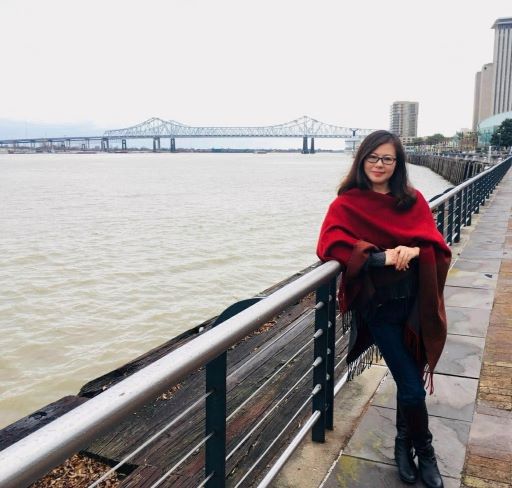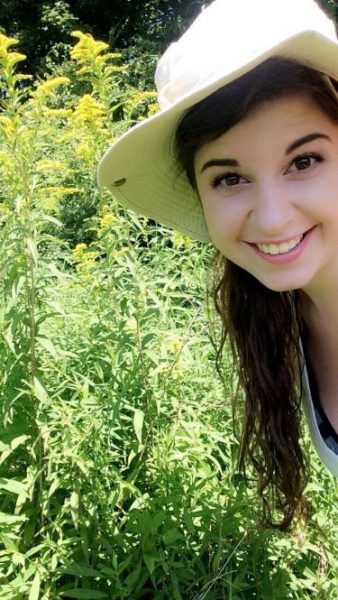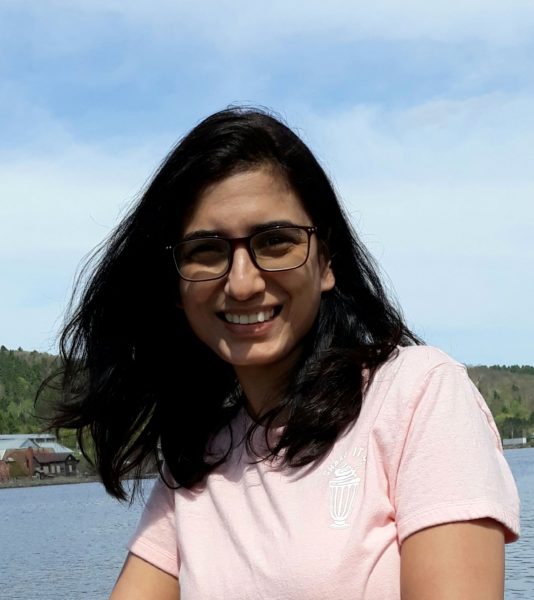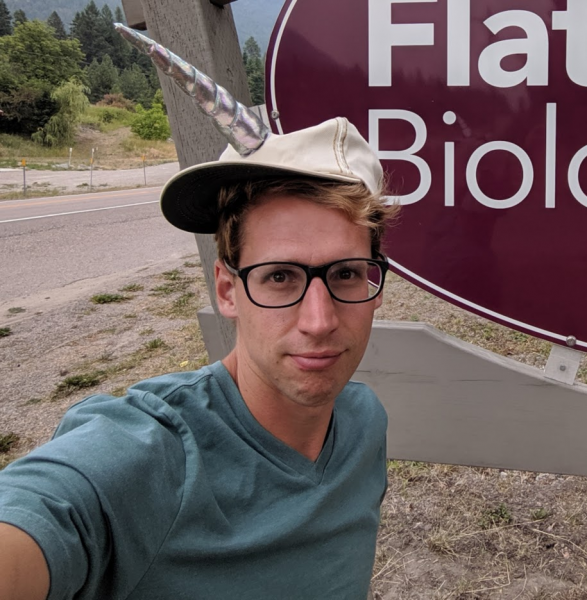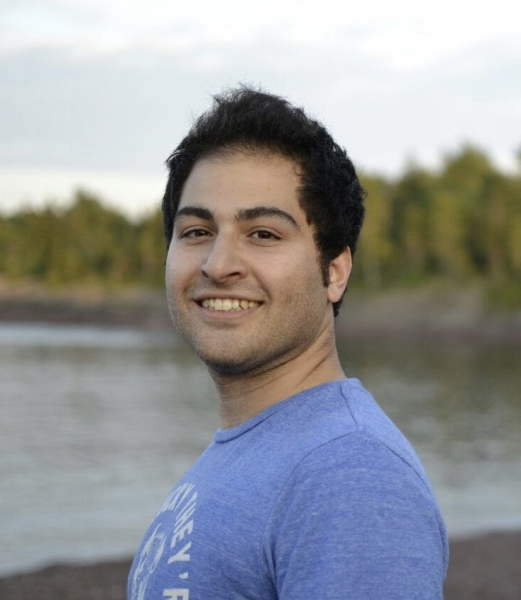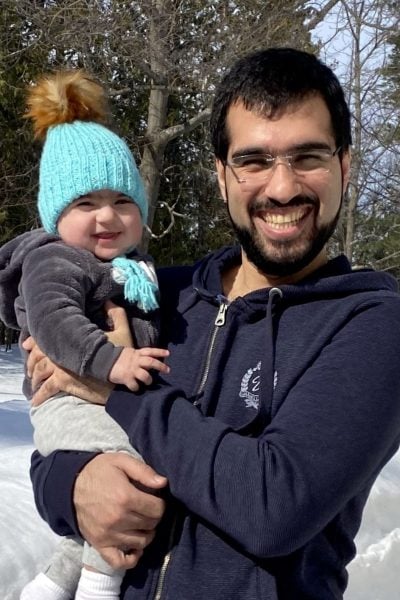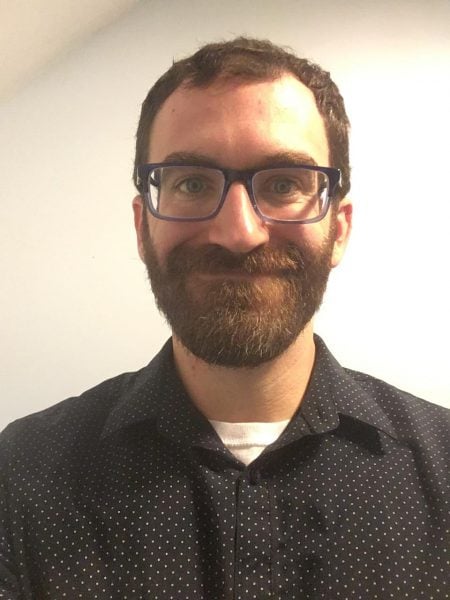
I am a PhD Candidate in my final year with the Biomedical Engineering department at Michigan Tech. My research focuses on the study of complex swirling blood flow patterns and how analyzing their characteristics can help to better understand the development, growth, and rupture of cerebral aneurysms. In my doctoral dissertation, I have utilized computational fluid dynamics to simulate blood flow patterns in 3D vascular models taken from medical imaging files of patients with cerebral aneurysms and applied a novel computational analytic method to identify areas of complex swirling flow and measure their changes over the cardiac cycle. This has led to novel quantified metrics that can improve statistical models to predict areas of aneurysm development, and improve models capable of differentiating ruptured and unruptured aneurysms giving new insights into flow conditions suggestive of aneurysm rupture that are often overlooked in other studies. The final aspect of my doctoral research is to use a specialized flow chamber to expose human vascular endothelial cells to multiple areas of swirling flow, with each area having varied spatiotemporal characteristics. These cells will be analyzed to see if varied swirling flow characteristics lead to differing levels of cellular changes indicative of aneurysm rupture: expression of cell-to-cell adhesion proteins, inflammatory markers, and levels of cellular apoptosis (death).
My hope is that this work will one day help doctors further understand the complex nature of aneurysms, and that the quantified measure of swirling flow characteristics will be utilized in the clinical setting to better identify which aneurysms are at high rupture risk. This could help guide clinical decision making to determine if aneurysm surgery prior to rupture is worth the risk, or if an aneurysm is likely to remain stable, posing minimal risk to patient health.
I am extremely grateful to Michigan Tech’s graduate school for this financial support, allowing me the opportunity to finish my research. I also would like to express my gratitude to my advisors Dr. Jingfeng Jaing and Dr. Feng Zhao (now faculty at Texas A&M), as well as my committee members Dr. Sean Kirkpatrick, Dr. Gowtham, and Dr. Min Wang for their expertise and guidance throughout my research at Michigan Tech.
